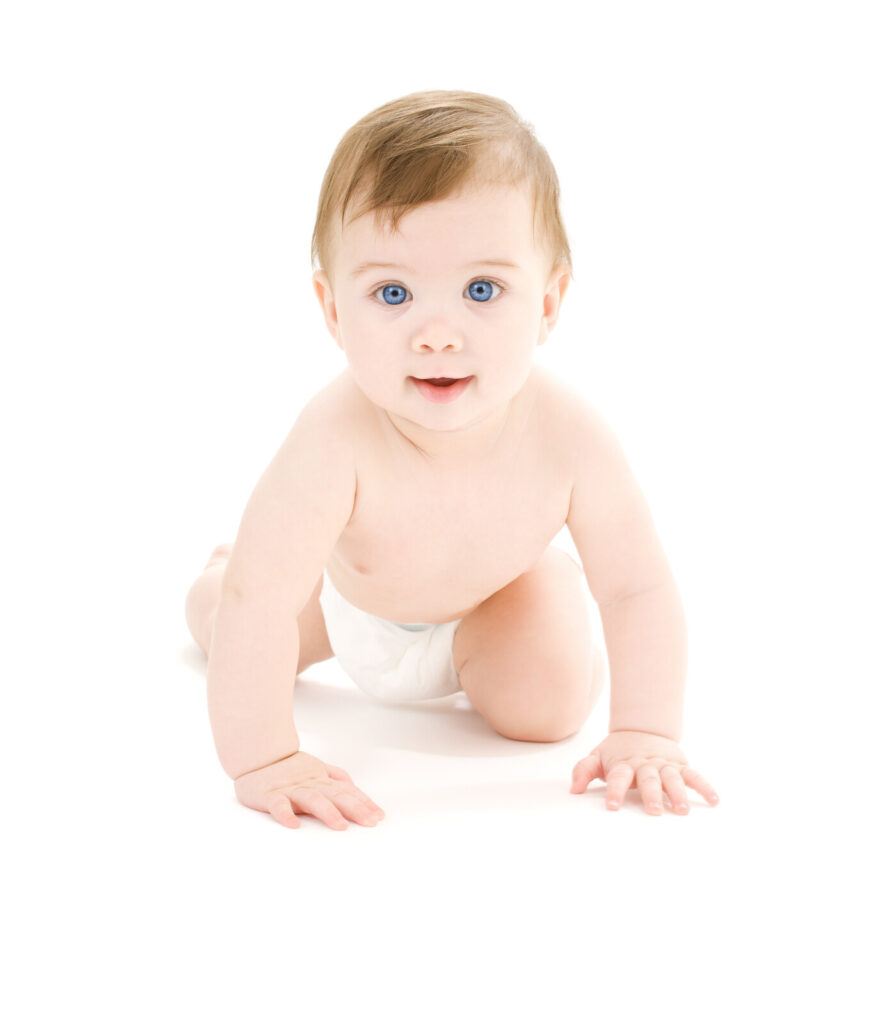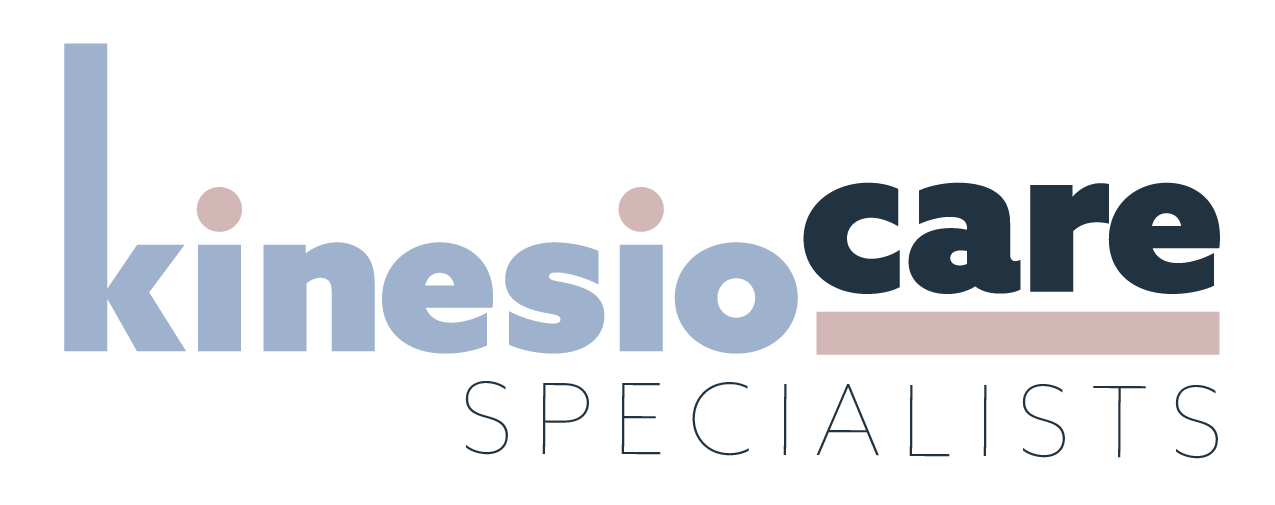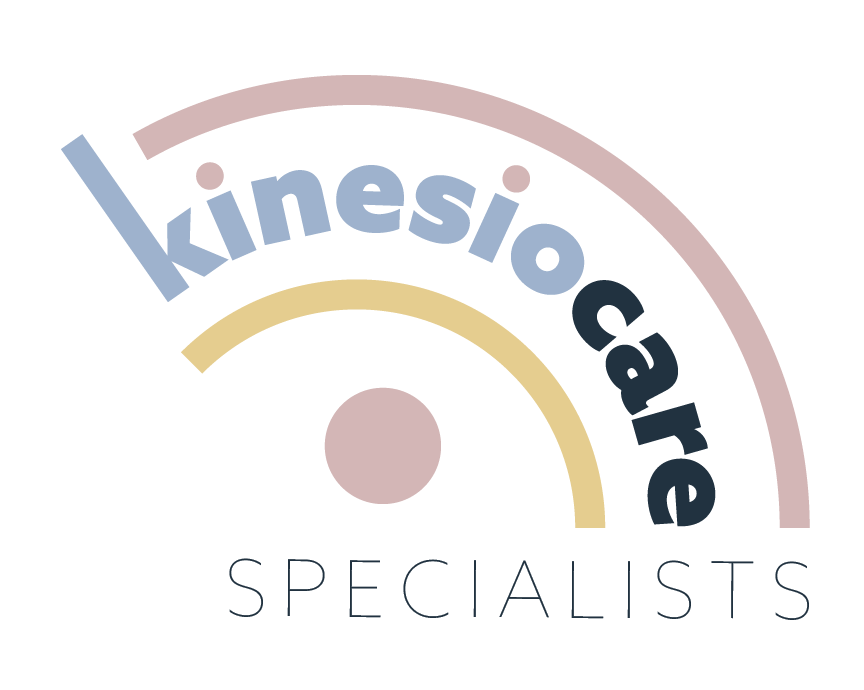Physical Therapy for Babies
Early motor skills play a vital role in your babies overall and future development. Our expertise can ensure your baby is on the right track.
Motor development is the basis for your child’s growth in other areas of development including eating, cognition, play skills, attention, handwriting, coordination and more. Understanding which milestones your child should have mastered and be working towards can be challenging. Allow our expertise to put you at ease and offer guidance along the way. We look at your child as a whole and provide you with the tools to help your child achieve each milestone with an individualized plan.

Common Problems for Babies
Torticollis and Plagiocephaly
Tight muscles in the neck can cause a baby to have a preference to keep their head turned to one side and have a slight tilt of their head to one side. This is often found with flatness on the back of one side of the head (plagiocephaly).
Delay in Meeting Milestones
Children are to develop motor skills in sequential order within an estimated timeframe. However, the timelines between children can vary. We can perform a screening to determine if your baby should be farther along and provide strategies to help them progress.
Atypical crawling pattern
The ability to crawl on hands and knees in a reciprocal pattern is a very important stage of development. There are a variety of “funky” ways a child may position their bodies while crawling. Some children may avoid crawling and scoot on their bottoms. Our therapists will determine why your child is not using a typical crawling pattern and help to correct it.
Other Reasons a Baby Might Need Physical Therapy
- Poor tolerance for tummy time
- Developmental delay
- Prematurity
- Genetic or neurological diagnoses and conditions
- Not reaching milestones like rolling, sitting, crawling
- Stuck in sitting and doesn’t want to move around
- Low or high muscle tone
- Limb deficiencies
- Visual impairments
- Preference for using one side of the body
- Positioning while feeding
This list is not all-inclusive. Please ask if you have a question about something your baby is or is not doing.
Are you worried or unsure about your baby's development?
Don’t worry you’re not on your own. Parents frequently ask us about where their baby’s development should be.
Download our FREE birth to 12 months milestone checklist including red flags to watch out for.

Frequently Asked Questions
The therapist will bring the necessary equipment and toys to engage your child in therapy. Some inexpensive supplemental items may be requested by the therapist if necessary. The therapist will often get creative and find items around your home to incorporate into sessions.
It is unlikely that you will need to purchase any equipment. Some inexpensive supplemental items may be requested by the therapist if necessary. The therapist will often get creative and find items around your home to incorporate into sessions. The therapist will contact you prior to the session to request items from around your home to gather to make the session most efficient.
The therapist will start by discussing your concerns and gathering relevant medical and background information. For a portion of the session the therapist will observe how your child moves in their environment. The therapist may also ask to see specific skills based on your child’s age as well. Afterwards the therapist will discuss initial findings and make recommendations regarding any need for therapy and how often.
The session will start with any updates related to the child and the exercises from the prior session. The therapist will then engage in one-on-one activities with your child that involve toys, play, and exercise that target the needs of your child. Activities will be structured yet playful. It is expected that the parent also be involved in the sessions and be able to assist during to carry over activities throughout the week.
Your therapist will be able to recommend need for additional therapy services (occupational therapy, speech therapy, behavioral therapy, etc) based on their ongoing observations of your child and provide you with direction in obtaining these services.
The best way to know for sure is to schedule your free 15-minute phone or video consultation. Here are a few examples of reasons your child may require physical therapy.
Baby:
- Not meeting developmental milestones like sitting, rolling, crawling, cruising, walking
- Prefers to remain in sitting and not move out of the position
- Dislikes tummy time
- Always looks to one side and/or the head tilts to one side
- Has flatness on one side of the head or the entire back of the head
- Has any neurological, genetic, or cardiopulmonary condition
Walking Age and Beyond:
- Frequently trips or falls
- Prefers to w-sit
- Preference to use one side of the body i.e. only goes up the stairs with the left leg
- Appears clumsy compared to peers
- Has difficulty climbing or jumping
- Walks “funky” i.e. on the toes or with feet turned in or out
- Recovering from an injury
- Has any neurological or genetic condition
The consultation will allow us to discuss the concerns you have related to your child’s motor development. We can then get an idea of your child’s need for a formal evaluation
Physical therapy is a type of care that that betters peoples lives by easing pain and helping people move and participate in what they enjoy. Pediatric physical therapy is a specialty subset. It looks at the “why’s” and “how’s” of a child’s movement or posture and uses innovative and creative strategies to address their areas of need to help them function to their fullest capacity.
You are welcome to stick with one type or do a combination. We are able to adjust to your needs and level of comfort when choosing which method you prefer,
Lincoln Park, Lakeview, Wicker Park, Bucktown *Some surrounding neighborhoods may be available for appointments in addition to Evanston and Skokie. Please contact us if your area is not listed but you would like an assessment or have specific questions about availability.



